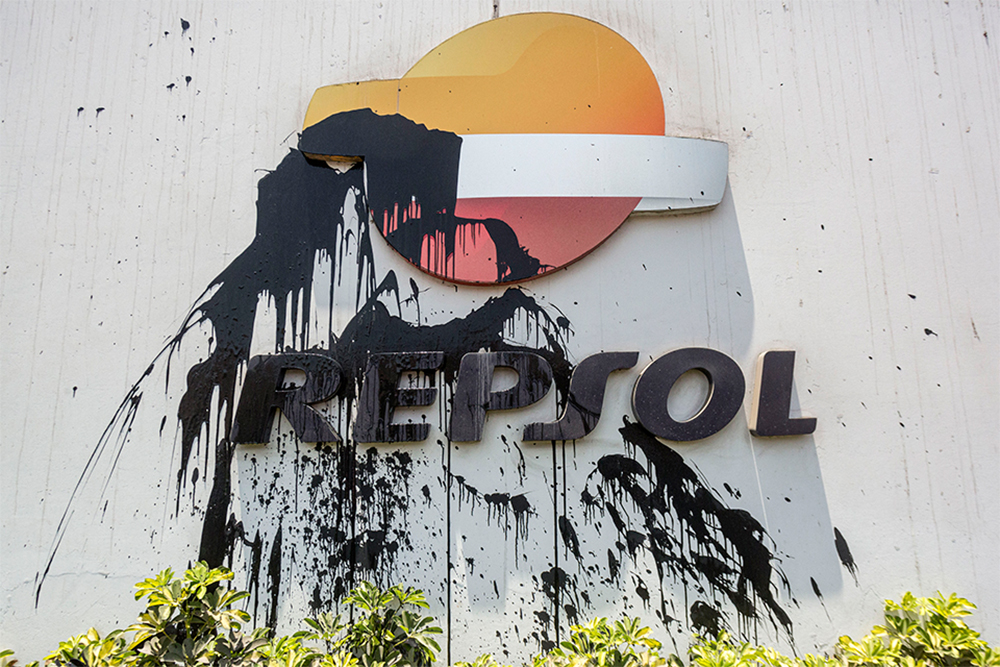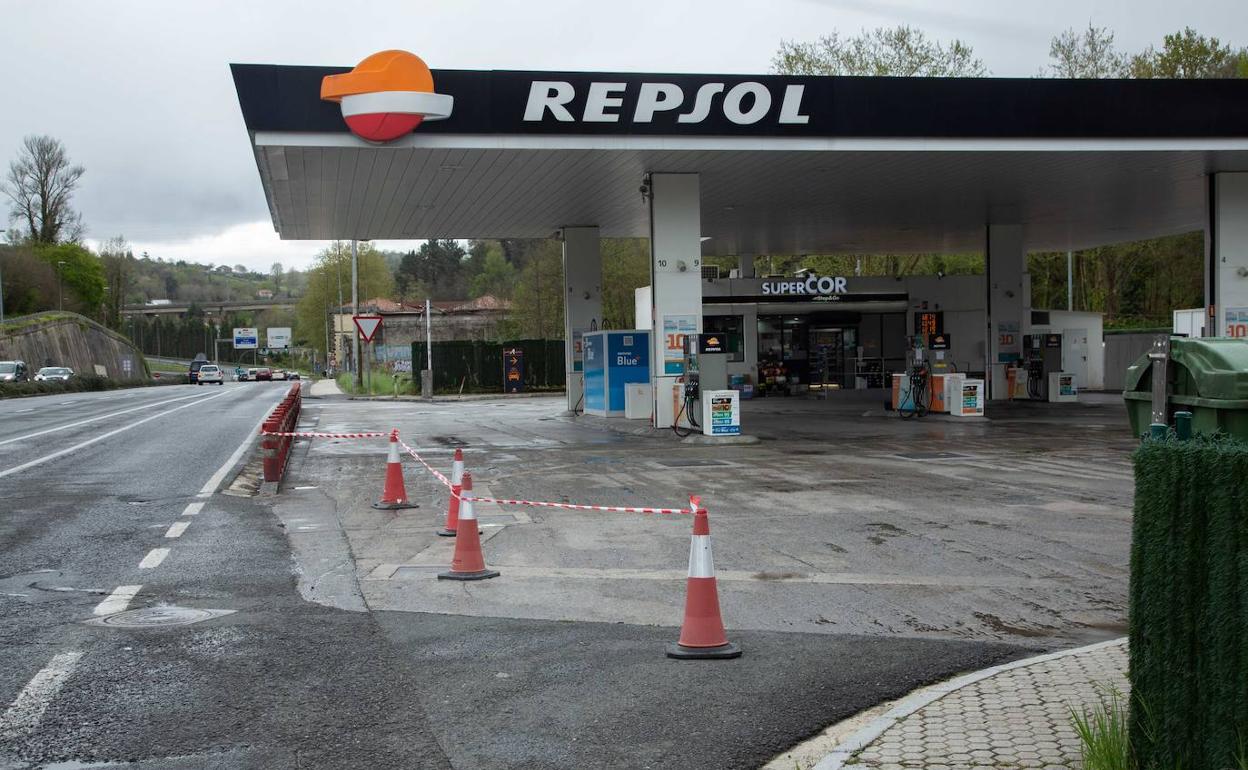The depletion of unscheduled oil
- We need a political class capable of global empathy and solidarity if we are to overcome the unplanned obsolescence of oil as a species. If we are in a scenario where cheap oil is running out, it not only affects mobility, but its effects are going to be much deeper: consumer goods, basic services, food, transport. * Álvaro Nicolás is a road engineer expert in mobility and planning. This review article has been published by El Salton and translated into Basque.

We have received various announcements through the media, and we certainly have not paid enough attention to them. I say this because countries and cities around the world have announced cuts in the circulation of fuel vehicles and sales in the near future, as in 2025 in Norway, 2030 in the UK, Denmark and the Netherlands or 2040 in Spain and France. Also, the major car brands that have announced that they will stop selling this type of vehicle and that they will only produce electric vehicles: HONDA, Renault, Ford or Volvo.
Meanwhile, experts in natural resources, such as Antonio Turiel, a scientist who works as a researcher at the CSIC, have explained that we do not have the necessary material, nor do we have a small percentage of the combustion vehicles we currently produce to produce in the electric version. Furthermore, oil companies have stopped investing in new prospects, as the price of extracting the remaining oil does not have a market in which they can obtain it and, therefore, it makes no sense to spend it. It may soon be done from the public sector.
We therefore have very significant indications and it seems that we are approaching the end of the era of oil and derivatives, which have offered our civilisation on Earth an infinite capacity for transformation and movement. And neither can we have an alternative to the scale, pace, dimension or intensity that we have with oil. Cars, trucks, boats and aircraft use this energy source that is running out, and you may think that in a few months we can get stuck in a chaotic and dangerous way if we don't get ready to do it in a staggered and orderly way.
So it's possible that we get closer to changing this world as we know it. Not because we want it, not because climate change is a matter of concern, not because all countries, industry, trade, etc. They have suddenly assumed social and environmental concern, but because the leaders who have minimal knowledge and responsibility on the subject have seen alarms turn on. I consider collective awareness to be unlikely in the upper echelons, but I consider it possible for those who are not taking action to speak of recklessness or unconsciousness, either on their own initiative or by paralysis. Surely, we are already hospitalized on the path to the unknown.
In this context, there are many possible scenarios. The most dramatic say that perhaps a new state of alarm is called at the global level, this time for lack of oil. The state of alarm would be necessary to decide on the use of oil and why it can be used, for example, for those uses that do not have alternatives and that are basic services, because they need large machines, because they have to build basic and necessary things, because they have to carry food or perform similar activities, and are therefore essential. The pandemic has given us an indication of what individual countries can do. Also to decide which activities have been found to be alternative and which will surely not be part of the future of our life. You can start making the list: 100% on-site work, cruising during holidays, flying in general or producing in China.
We also have examples of countries in crisis before the shortage of oil availability, which strategically decided that they could not depend entirely on an imported energy source and began to develop alternatives for the most dependent sectors: energy production and mobility. Perhaps the most significant case is Denmark, where the oil crisis of the 1970s marked a turning point at national level and today 80% of its energy comes from renewable sources and is an example in the development of cycling infrastructure and public transport. The Scandinavian and Germanian countries are a benchmark, not just in Denmark. It must be borne in mind that the decarbonisation route is not only desirable when it is compulsory, but also makes sense to improve the impact on climate change and to influence the consumption of the resources of the developed economies.
Finally, if we are in a scenario where cheap oil is running out, this not only affects mobility, but its effects are going to be much deeper: consumer goods, basic services, food, transport. Today, all public and private entities have the responsibility of not taking action at the global, state, regional or municipal level. Perhaps the main competence lies with the States, because the strategic planning of the major crises that are to come depends on them. Few will want to be the first to take action, predict cutbacks or cut privileges. We do not live in a society that values responsibility exercises. There will always be those who want to maintain life and some will be able to impose their solution. We're going to need a political class with a capacity for global solidarity and empathy if we want to overcome as a species the depletion of unscheduled oil in a time frame of a decade like the one we're being told.
Yasuni: On 20 August the people of the Republic of Ecuador (17.8 million inhabitants) in a constitutional consultation (59% in favour), together with the presidential elections, offered Yasun the Biosphere Reserve (designated in 1989) the possibility of no more oil. If we take... [+]






















